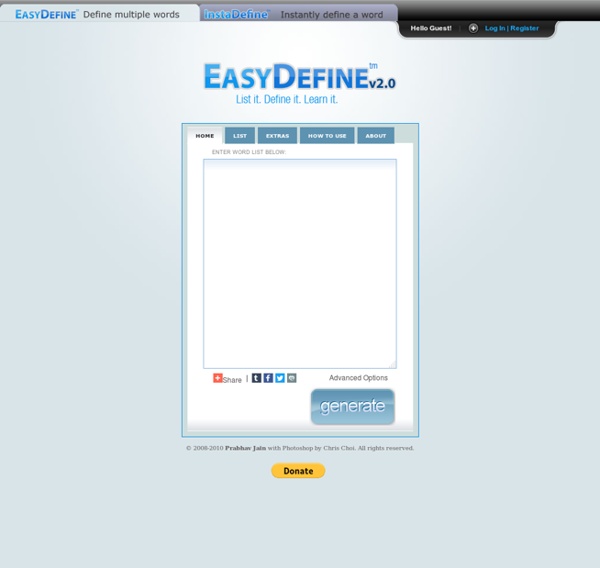



Suffixes Word Formation Game Suffixes Word Formation: Practice suffixes word formation by playing this interactive ESL board game. Prefixes, suffixes and root words are great skills to learn. Students with good skills will most often be able to guess the meanings of unfamiliar words by breaking down the words using these skills. Choose whether to practice suffixes word formation by navigating a treacherous galaxy filled with green monsters, a sea filled with pirates or a river filled with crocodiles. Either way this will keep your heart pounding. Suddenly English grammar practice is no longer boring with these games.
Comic Creator The Comic Creator invites students to compose their own comic strips for a variety of contexts (prewriting, pre- and postreading activities, response to literature, and so on). The organizers focus on the key elements of comic strips by allowing students to choose backgrounds, characters, and props, as well as to compose related dialogue (shown at left). This versatile tool can be used by students from kindergarten through high school, for purposes ranging from learning to write dialogue to an in-depth study of a formerly neglected genre. The tool is easy to use, made even easier with the Comic Strip Planning Sheet, a printable PDF that comic creators can use to draft and revise their work before creating and printing their final comics.
How to retain 90% of everything you learn Imagine if you had a bucket of water. And every time you attempted to fill the bucket, 90% of the water would leak out instantly. Every time, all you’d retain was a measly 10%. How many times would you keep filling the bucket? The answer is simple: just once. Great Website To Develop Students Vocabulary Technology has made it dead easy to learn a foreign language. I can still remember all the difficulties and hardships I went through when I was learning French and German and now that I see all that technology offers to students to learn a new language I just wish I had them back then it would have been not only way easier but more fun too. An important part in the process of learning a language is learning its vocabulary. The richer this latter is the more freedom and possibilities learners have in expressing themselves and communicating messages via the target language. Educational Technology and Mobile Learning has some cool web tools to help you or your students master vocabulary.
Assessment and Rubrics Learn more about our Online Courses, Online Certificate Programs, and Graduate Degree A collection of rubrics for assessing portfolios, group work/cooperative learning, concept map, research process/ report, PowerPoint, oral presentation, web page, blog, wiki, and other social media projects. Quick Links to Rubrics How to Extract DNA from Anything Living First, you need to find something that contains DNA. Since DNA is the blueprint for life, everything living contains DNA. For this experiment, we like to use green split peas. But there are lots of other DNA sources too, such as:
Doing It Differently: Tips for Teaching Vocabulary Every Monday my seventh grade English teacher would have us copy a list of 25 words she'd written on the board. We'd then look up the dictionary definitions and copy those down. For homework, we'd re-write each word seven times. Frequency Level Checker What is it?What does it do?How do you use it?Acknowledgments